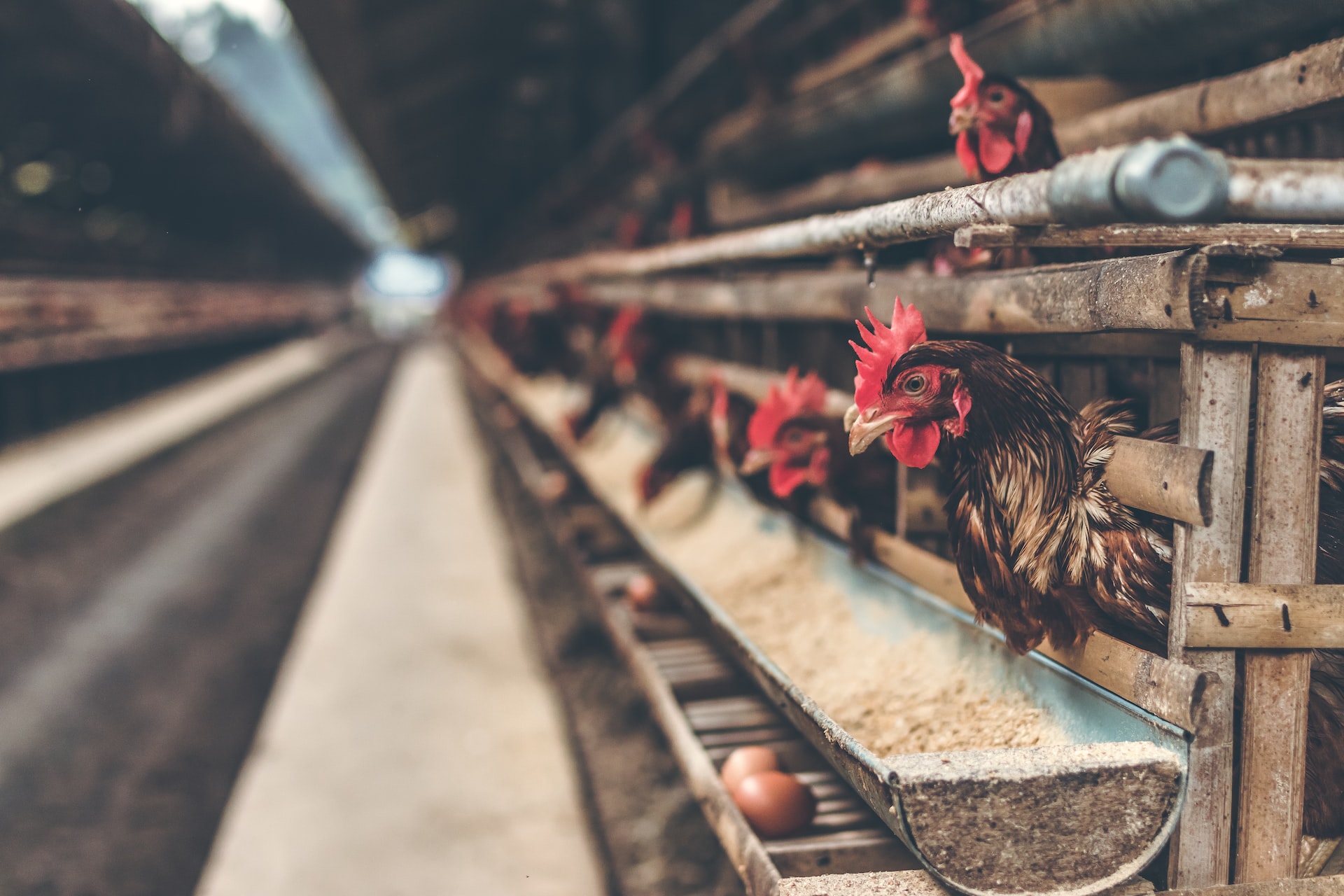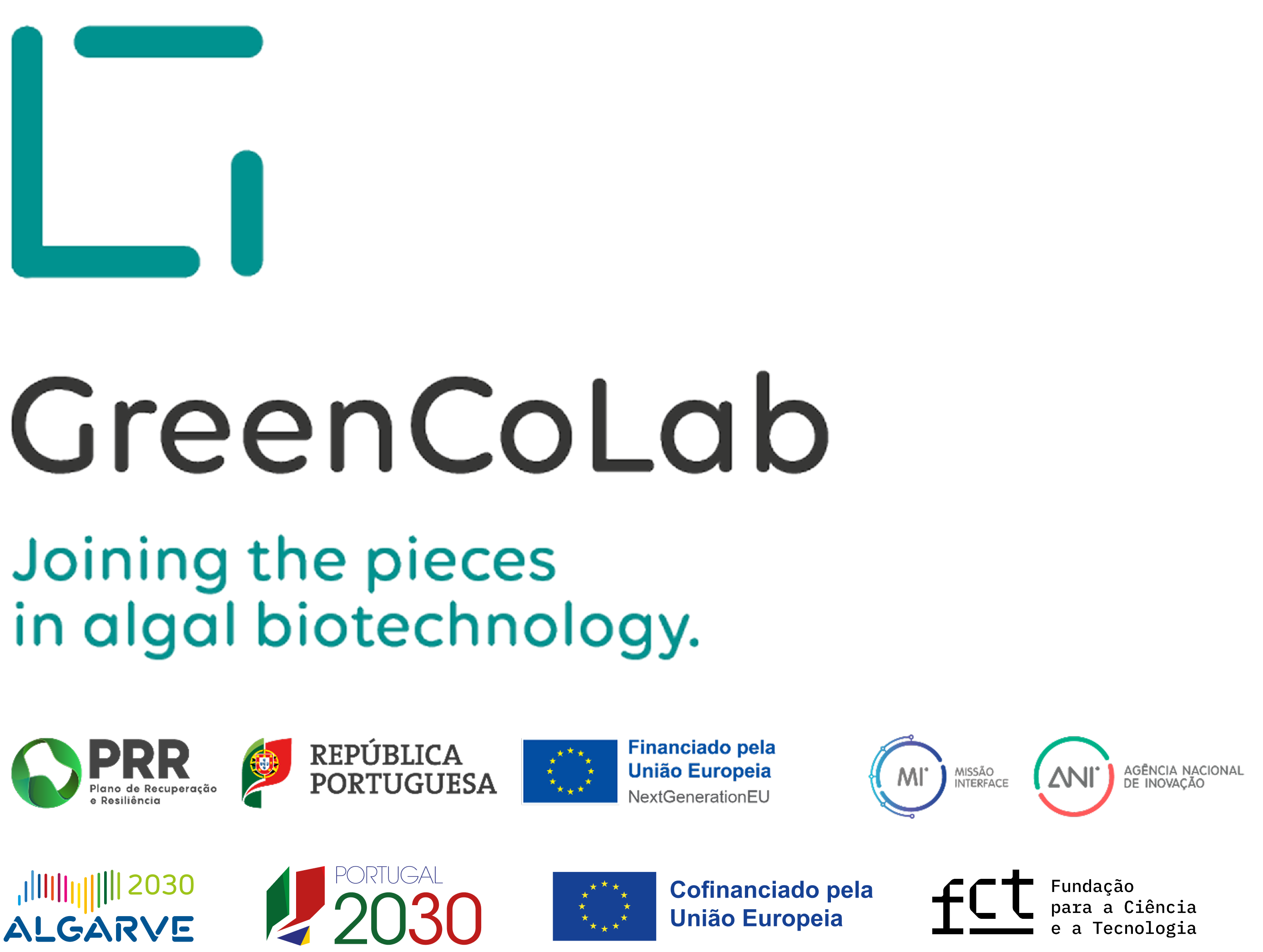

TITLE
Evaluation of microalgae as bioremediation agent for poultry effluent and biostimulant for germination
JOURNAL
Environmental Technology & Innovation
AUTHORS
Catarina Viegas, Luísa Gouveia, Margarida Gonçalves
ABSTRACT
This work addresses how a pre-treatment involving biomass ash influences the poultry effluent’s bioremediation using three microalga strains, such as Chlorella vulgaris, Chlorella protothecoides and Tetradesmus obliquus. The undiluted effluent served as the culture medium for the growth, both in batch and semi continuous modes, and the remediation efficiency and biomass production yield were quantified. The combination strategy in batch mode, allowed removal efficiency of 100% for total nitrogen, more than 80% for total phosphorus and over 70% for chemical oxygen demand. Average biomass productivities for 10 days of 94.9, 76.2 and 72.0 mg L−1 day−1 were obtained for T. obliquus, C. vulgaris and C. protothecoides, respectively. Regarding semi-continuous strategy (28 days), the biomass productivities achieved were 245 and 194 mg L−1 day−1 for T. obliquus and C. vulgaris, respectively. Remediation rates of 100% for total nitrogen and phosphorus, and over 92% for COD were attained. The microalga composition was assessed for protein, sugar, lipid, and ash contents. The produced biomasses were tested as biostimulant and showed a 147% increase in wheat germination index, for the C. vulgaris microalga. The use of the precipitate from the biomass ash pre-treatment as fertilizer in germination tests was also assessed and results in an increase of 26%, for 10% of precipitate incorporation.



